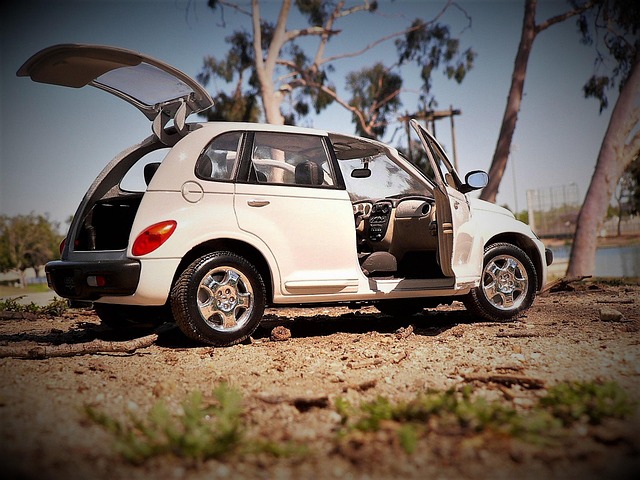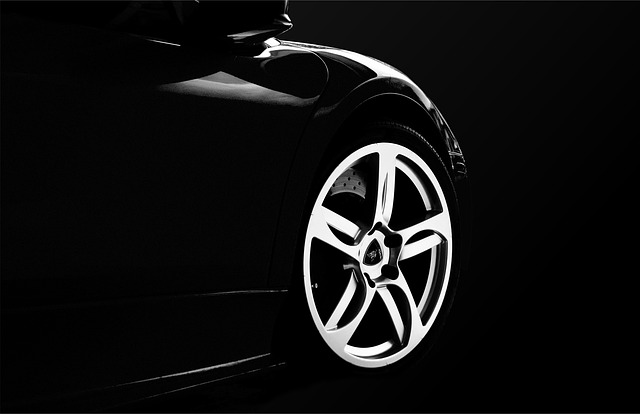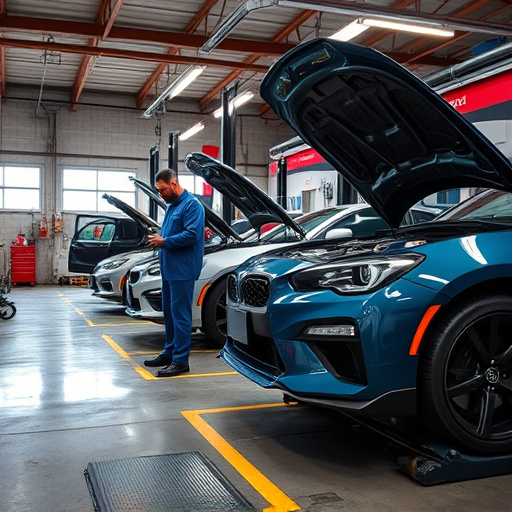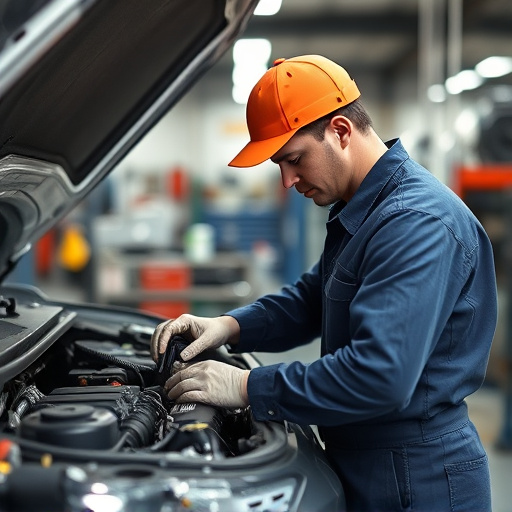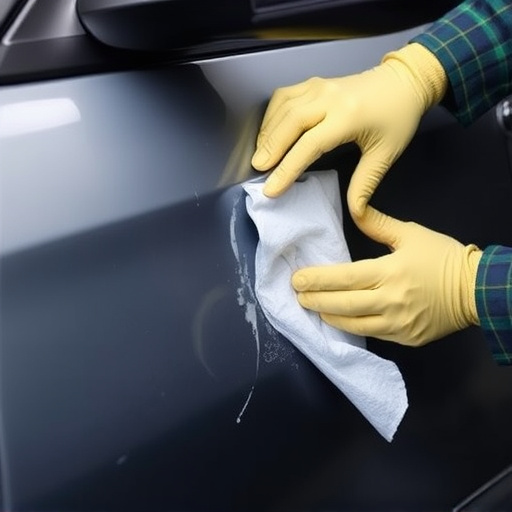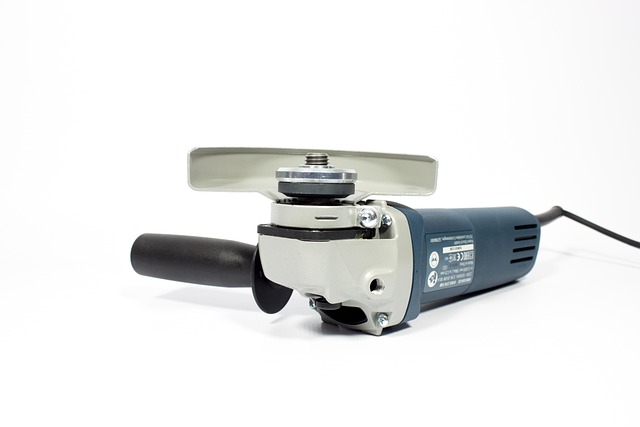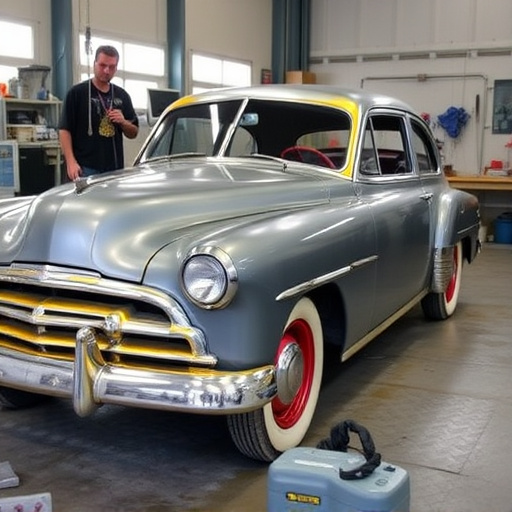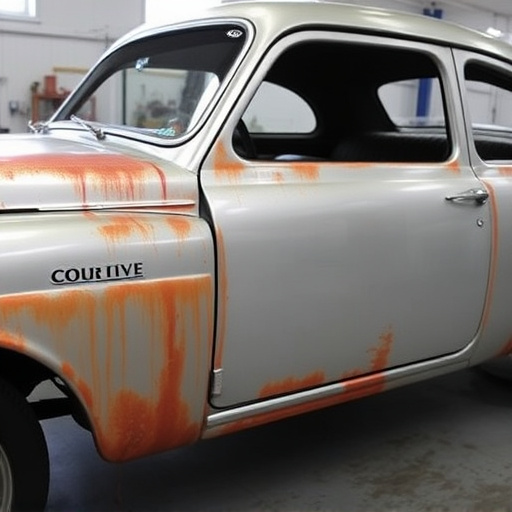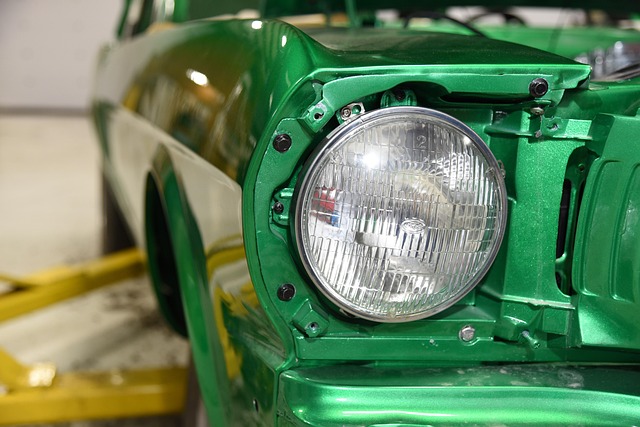Mercedes glass sensor calibration requires controlled temperature environments due to extreme weather's impact on sensor accuracy and performance. Auto repair shops specializing in Mercedes services emphasize regular sensor checks and calibrations for optimal vehicle efficiency, safety, and reliable diagnostics, especially in varying climate conditions.
“Unraveling the intricate relationship between temperature and Mercedes glass sensor calibration is paramount for ensuring optimal vehicle performance. This article explores how fluctuating temperatures impact the accuracy of these critical sensors, specifically in Mercedes models. We delve into the science behind temperature’s role, examine the effects of extreme conditions, and offer insights on optimizing calibration for consistent, accurate readings. Understanding these factors is essential for maintaining top-tier vehicle functionality.”
- Understanding Temperature's Role in Sensor Calibration
- Impact of Extreme Temperatures on Mercedes Glass Sensors
- Optimizing Calibration for Accurate Performance
Understanding Temperature's Role in Sensor Calibration
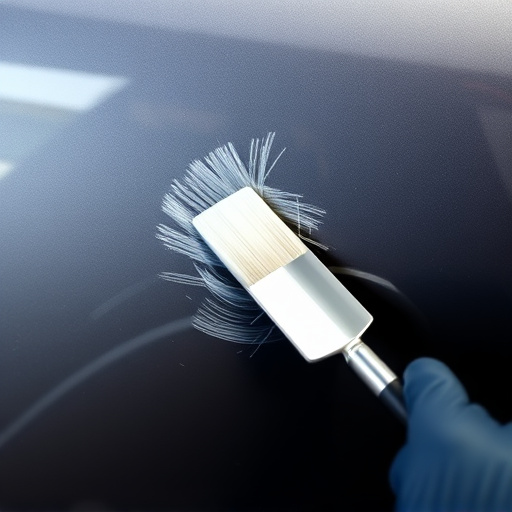
The effectiveness of Mercedes glass sensor calibration heavily relies on environmental conditions, particularly temperature. Sensors play a critical role in modern vehicles, from monitoring engine performance to detecting obstacles. However, their accuracy can fluctuate with temperature variations. In cold weather, sensors might become less responsive due to reduced conductivity, while hot temperatures can cause them to expand and shift slightly, leading to inaccurate readings. These fluctuations are especially notable in Mercedes vehicles known for their sophisticated sensor technology.
Maintaining optimal calibration is essential for the overall performance of a vehicle’s systems, ensuring safety features function correctly and enhancing the reliability of diagnostic tools. Given the intricate nature of these sensors, understanding and controlling temperature variations during calibration processes, such as those offered by collision repair services or paintless dent repair techniques, is paramount. This ensures that any adjustments made to the car’s sensor are precise and accurate, regardless of external conditions.
Impact of Extreme Temperatures on Mercedes Glass Sensors
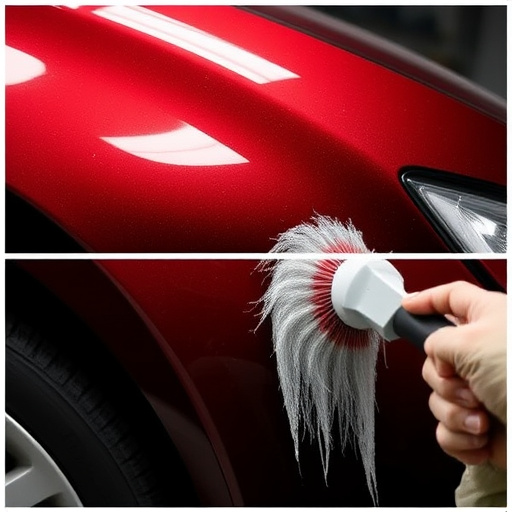
Extreme temperatures can significantly impact the performance and accuracy of Mercedes glass sensors, a critical component in modern vehicle systems. These sensors, designed to monitor various environmental factors, are highly sensitive to heat and cold variations. When exposed to extreme conditions, such as scorching summer heat or freezing winters, their readings may become erratic, leading to potential calibration issues. For instance, temperature fluctuations can cause changes in the sensor’s electrical properties, affecting its ability to accurately detect pressure, humidity, or other measured parameters essential for vehicle performance and safety systems.
Maintaining optimal sensor calibration is crucial for ensuring the overall efficiency of Mercedes vehicles. Auto repair shops specializing in tire services and vehicle repairs emphasize the importance of regular sensor checks and calibrations, especially when dealing with high-end automotive brands like Mercedes. By understanding how temperature influences these sensors, technicians can perform more precise diagnostics and repairs, guaranteeing that each vehicle operates at peak performance under all conditions, be it a bustling urban environment or a more remote, moist landscape.
Optimizing Calibration for Accurate Performance
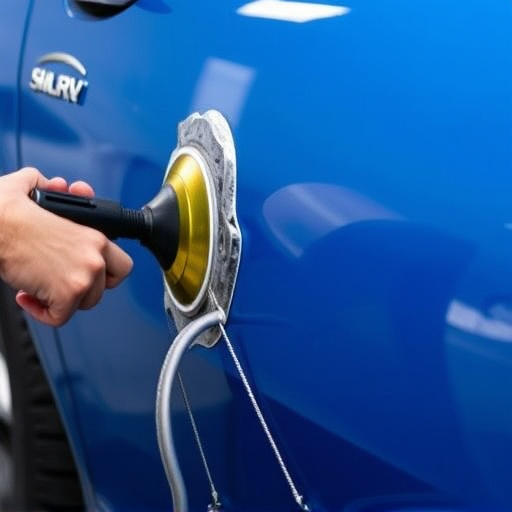
Maintaining optimal conditions during Mercedes glass sensor calibration is paramount for achieving precise and reliable performance. Temperature plays a significant role in this process, as it can influence the sensitivity and accuracy of sensors. To ensure optimal calibration, technicians must carefully control environmental factors, including temperature. This often involves using specialized equipment to stabilize the workshop environment, ensuring consistent readings across all sensors being calibrated.
By optimizing these conditions, auto body shops specializing in Mercedes repairs, or those offering bumper repair services near me, can guarantee that sensor calibration meets stringent manufacturer standards. Accurate glass sensor calibration is crucial for safe and efficient vehicle operation, preventing potential issues related to window functionality or safety systems. Thus, investing time and resources in maintaining precise temperature control during the calibration process pays dividends in ensuring the highest level of performance and customer satisfaction.
In conclusion, maintaining optimal temperature conditions is paramount for ensuring precise Mercedes glass sensor calibration. Understanding how temperature fluctuations impact sensor performance allows for strategic optimization, ultimately enhancing vehicle safety and efficiency. By recognizing the critical role of temperature in sensor calibration, automotive professionals can ensure the accurate functioning of Mercedes glass sensors, leading to improved overall system reliability.

